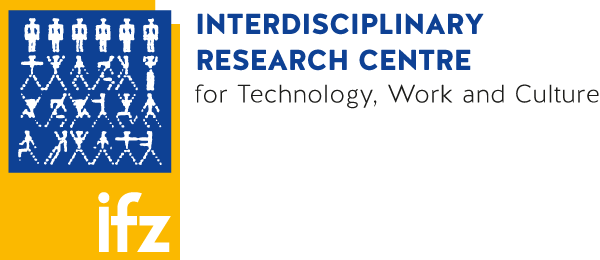Role of intermediary organisations for sociotechnical change towards sustainability
The project aims at investigating the growing role and diversification of intermediate organisations (and the related functions of intermediation) in processes of innovation and technological change with a special emphasis on the issue of sustainable development.
Science Fund of the Austrian Central Bank (OeNB)
2005-2007
Empirically, intermediaries will be researched in two case studies on the transformation of sociotechnical systems towards sustainability, in particular decentral electricity production from renewable energies and sustainable buildings – both fields often referred to as key areas for the reduction of greenhouse gas emissions and resource consumption. A better understanding of the role of intermediation in the transformation of sociotechnical systems appears also to be crucial for the design of more appropriate policy strategies to govern the transition towards sustainable development. Intermediaries are organisations or individual actors mediating between different functional levels of society or different actors: between policy and economy (e.g. various agencies), between companies (e.g. knowledge intensive business services), between users and producers (e.g. user/consumer organisations, advocacy groups) or between consumers/citizens and the policy level (e.g. NGOs, interest organisations). Intermediation is of special importance for the coordination (and governance) of distributed innovation and production systems as well as for the transfer and accumulation of information in increasingly knowledge-based economies. Intermediation becomes even more important in the presence of additional policy aims such as sustainability – an aim which in itself has to be discursively agreed upon by diverse groups of actors, has to be translated into specific socio-economic practices and requires coordination of different policy fields.
